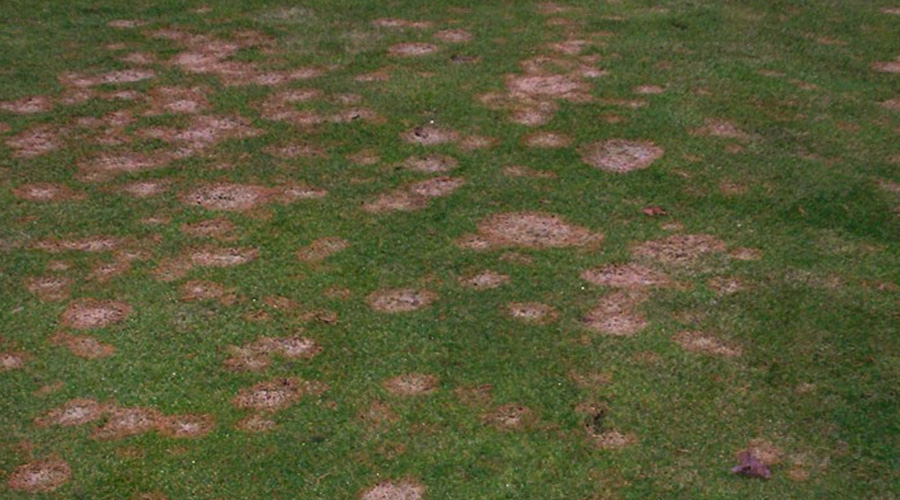 Managers who adapt their current practices on sustainability can help their department achieve the ultimate goal of sustainable, strategic management.
Managers who adapt their current practices on sustainability can help their department achieve the ultimate goal of sustainable, strategic management.PGMS: Adapting Practices for Sustainability
Employing new strategies can help managers balance the environment, the community and the bottom line. Prepared in conjunction with the Professional Grounds Management Society.
The sustainability movement has created a host of constantly evolving challenges for grounds departments at institutional and commercial facilities. These challenges require that grounds managers adapt their traditional maintenance practices in order to coexist with innovative technologies and regulatory compliance, as well as new stakeholder demands, to produce operations that are consistent, responsive and sustainable.
Through its Landscape Management and Operations accreditation program, the Professional Grounds Management Society (PGMS) has identified three key principles — environmental stewardship, economic performance, and social responsibility — which are described in the article on page 17. When managers implement these principles correctly, they can go a long way in helping a department achieve the ultimate goal — sustainable, strategic management.
Sustainability has played an increasing role in people’s daily lives, from the introduction of home recycling with curbside pickup and the elimination of non-sustainable resources, such as plastic bags, to state-mandated water use levels in areas experiencing drought conditions. From that movement come constantly evolving challenges and the need for traditional grounds management and maintenance practices that managers and crews must adapt and innovate to meet new stakeholder demands as a way to produce consistent, responsive, and sustainable operations.
Related Topics:















